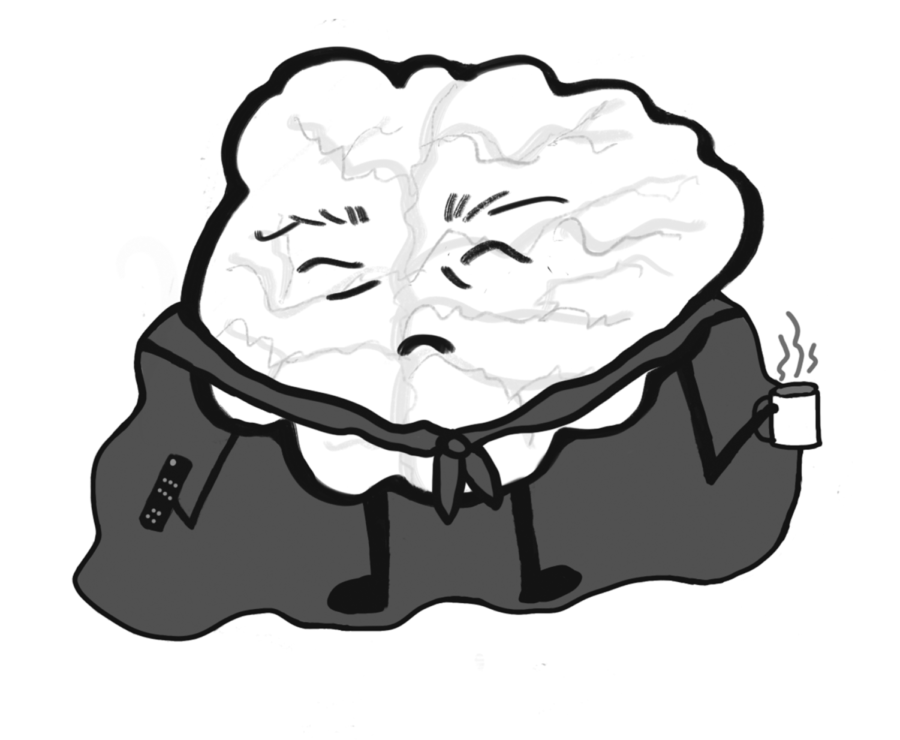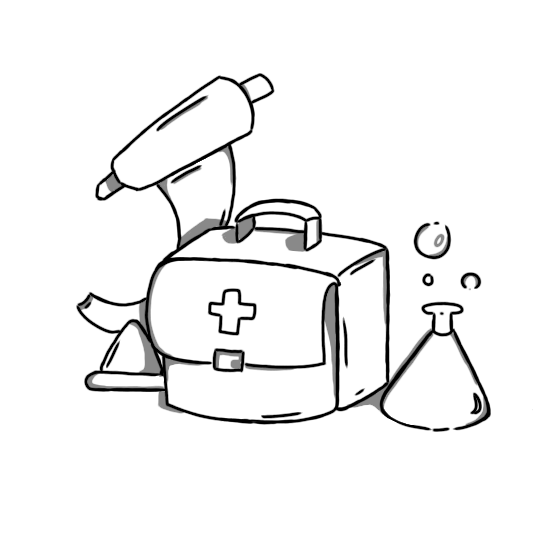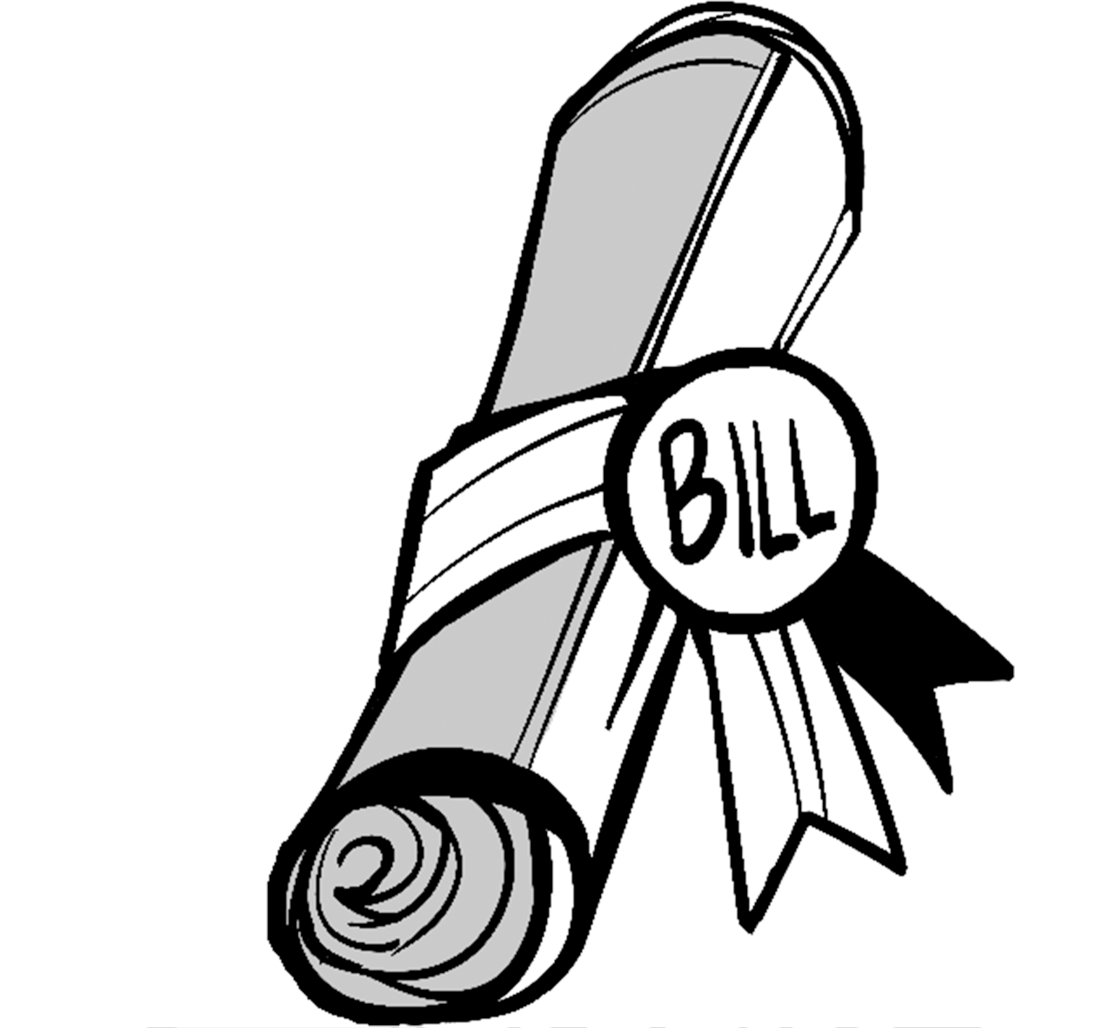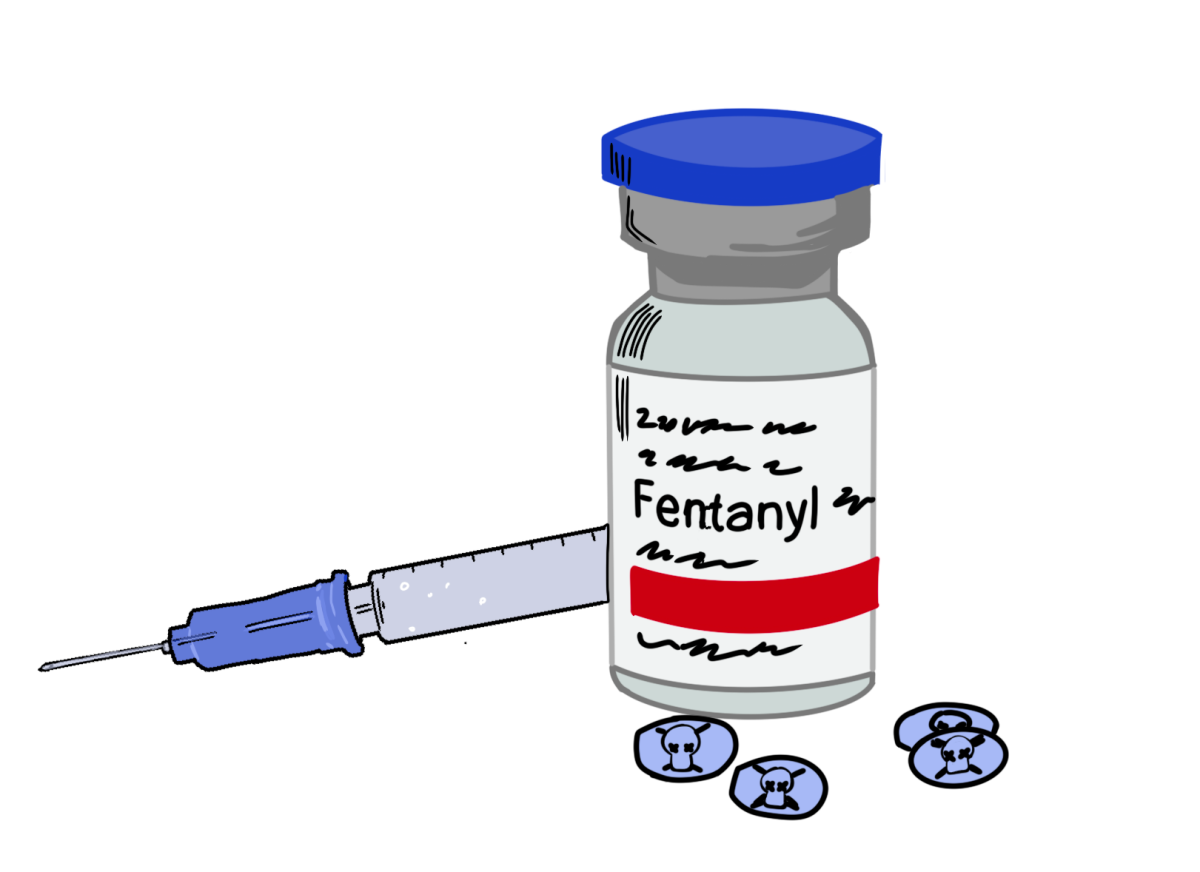Starting this school year, students in Washington State will be allowed to take excused absences for mental health reasons without needing a doctor’s note or medical diagnosis. This change comes as a new law, House Bill 1834, went into effect on June 9, after Governor Jay Inslee declared a youth mental health crisis in March 2021.
With the increase in poor mental health conditions due to the pandemic, Washington lawmakers wanted to prioritize mental health support for youth in schools. The law recognizes the damage done to students’ ability to learn and overall wellness that poor mental health can cause, and aims to allow them to take breaks and care for their mental needs as needed.
The official Washington state legislature for excused absences now states, “Absences due to the following reasons must be excused: physical health or mental health symptoms, illness, health condition, or medical appointment for the student or person for whom the student is legally responsible,” and includes “mental health wellness” as an example.
In simpler terms, this means students at MTHS, as well as students across the whole state, are allowed to take excused absences for mental health reasons as easily as it is to call in sick.
Although the law is new, high school students are no strangers to mental health issues. In past years, students would often lie about being sick to get an excused absence when they needed to take care of their mental health, or just skip altogether.
“The fall of junior year I took three or four mental health days. I wouldn’t really plan on it but the morning of, I would just not be able to wake up,” senior Rahel Gujo said. “It would be extremely exhausting to even function as a normal human, let alone be at school trying to consume material from my classes. I just couldn’t do it, so I would tell my mom I was sleeping in and staying home from school because going to school would’ve done more harm than good.”
Alternatively, other students would end up skipping classes and having unexcused absences when the pressure of school and life became too much.
“I knew that if I asked to go home, it wouldn’t be excused. And I wasn’t going to lie about being sick, especially with the pandemic. So I would just end up skipping classes if I needed time for my mental health,” senior Penelope Goodwin said.
The addition of excused absences will allow students to be honest about their reasons for needing time away, and hopefully encourage them to take the time they need. Now when they’re struggling mentally, they won’t have to lie or feel guilty about needing a break for a reason not recognized as legitimate.
“It allows students to not have to be dishonest about their reasons for missing school,” MTHS psychologist Julie Schwab said. “Previous to this, if a student was struggling with mental health, they would often have to call in their absence as illness. By making it an allowable excuse from school, it legitimizes mental health as a valid reason for missing school.”
In the midst of an ongoing pandemic that’s been affecting everyone for almost three years, mental health has become more important to focus on than ever, prompting the law’s enactment. After students and teachers alike spent the 2020-2021 school year learning from home, many in difficult household situations or struggling to learn remotely regardless, coming back to in-person school last year was a difficult transition.
Gov. Inslee addressed this when Washington schools started going back in person. On March 15, 2021, Inslee declared a children and youth mental health crisis in an emergency proclamation.
“…many of Washington’s children and youth are experiencing a significant mental and behavioral health crisis as a result of the ongoing pandemic, which has been exacerbated by continued isolation, difficulty engaging with virtual learning, and lack of regular in-person interaction with educators, school personnel, mentors and peers,” the proclamation stated.
Both in academics, social and personal lives, the pandemic took a toll on everyone.
“The pandemic has been a lot on my brain. It changed how I socialize, how I perceive the world,” Goodwin said. “I also have a lot of family that have been diagnosed with COVID. It’s very stressful for everyone in the family.”
With the difficulty, it’s even more obvious how necessary it is to take care of mental health, especially in school settings.
“I think our state realized a mental health crisis is just as much of a liability to our students’ education as a physical health crisis is. The COVID pandemic brought both to the table, in extremes. Students who need mental health days won’t have to lie about being physically ill, which can make the situation more difficult,” Goodwin said.
While there are concerns about those using the mental health excuse as a way to skip school and avoid school work, they don’t compare to the concerns about the wellness of students. It’s not uncommon for students to call in sick, saying they have the flu or food poisoning, when that’s not really true. Yet that’s not used as a reason to prohibit students from taking time for their physical health.
“There is always the potential for students to use this as a reason for missing school when there really is not a mental health issue.” Schwab said. “However, this was also the case with students who called in sick, when maybe they weren’t really sick. I think that concerning ourselves with a small minority of students who may abuse the attendance system misses the point that many of our students do exactly what we ask them to do and this provides them with another reason to legitimately excuse themselves from school.”
Some also believe that students shouldn’t be allowed to take excused absences for mental health because they don’t believe it’s a serious enough reason to stay home unless in extreme circumstances. However, if a student’s mental health is suffering, they won’t be able to focus on schoolwork, and it’s important for students to take breaks as needed before their mental health reaches an irrecoverable point. Forcing students to go to school while struggling mentally only adds to the issues they’re already dealing with.
“Mental health has as much significance as physical health in impacting each individual’s overall functioning,” Schwab said. “If a student is continually anxious, overwhelmed, angry, sad, etc. that they cannot focus on anything else and it interrupts their typical daily routine, they are not coming to school ready to learn.”
While attention on mental health has increased over the years, there’s still stigma surrounding it. Those dealing with mental struggles often feel as though their problems aren’t valid, and others often don’t take them seriously.
“As we continue to remove the taboo or stigma around mental health, it benefits us all. If someone broke their leg and it was swollen and they couldn’t walk, they wouldn’t hesitate to go to an emergency room to receive treatment. However, many often believe they must suffer in silence to be ‘stronger’ or for fear of being perceived as weak regarding our own thinking errors on mental health.” Schwab says. “Caring about our own and each other’s mental wellness is as important as seeking help for a broken bone; it’s simply a different type of help or assistance.”
Despite the mental health crisis that’s been very apparent in today’s youth and some progress towards aiding it, it has been said that schools usually don’t do enough to support students’ mental well-being. Although progress has been made, work still needs to be done in order for mental health to be treated as seriously as it should be in school settings, and the more the better.
“I don’t think mental health is taken that seriously, I think it’s mostly just all talk. There are some really good teachers that really do help you through things, but MTHS overall is just ‘mild’ about topics like this.” Gujo said. “Something the school could do to better support mental health is to have teachers build a relationship with students that’s more than just teacher-student but something stronger. If I feel like I have a good bond with my teachers, I would feel good enough to come to them with any mental health problems that could arise at times.”
In the district, some meaningful steps have been taken to increase mental health support, such as increased social workers, therapists to work one on one with students and surveys given to students to assess how staff can be more supportive. Even with some progress made at addressing and helping students’ mental health, the same sentiment was shared by others that not enough is done.
“I really don’t think that mental health is treated as it should be at MTHS. Last year, we had hundreds of kids flunking classes, we had drug problems, we had fights, we had students skipping classes in bathrooms for a break,” Goodwin said. “This law would only be a small piece of what we need to treat mental health in our community. There is still way more to be done.”
Schools have a responsibility of making sure that the student body feels safe enough to express when they feel as though they need help, and not just academically. They have a role to create and sustain an environment where it’s normalized to seek guidance for when they are struggling mentally.






















